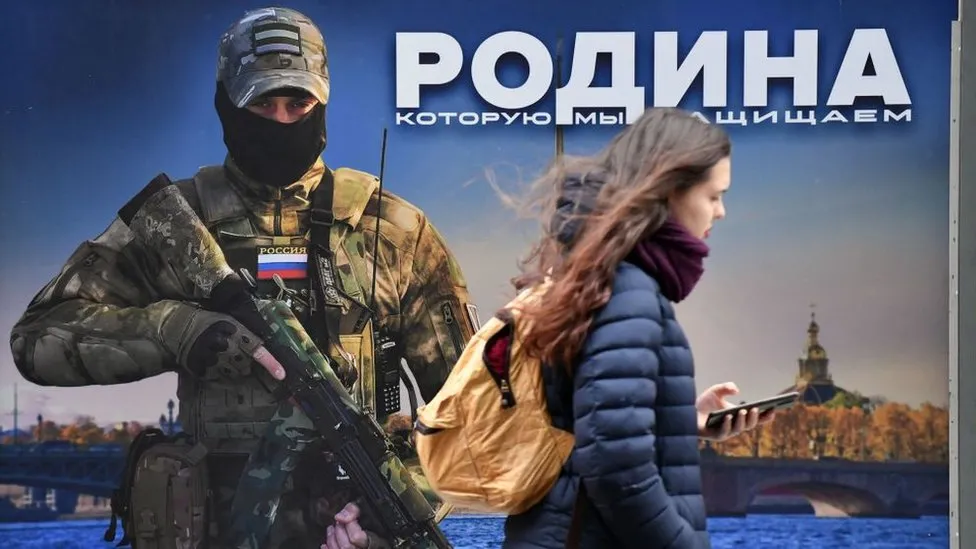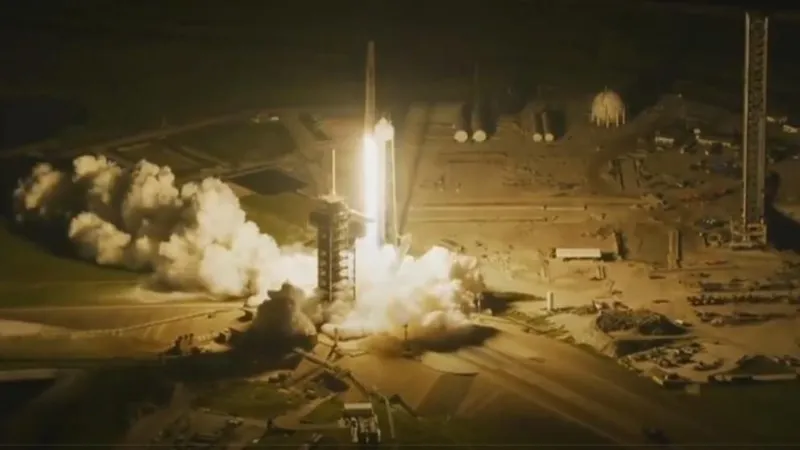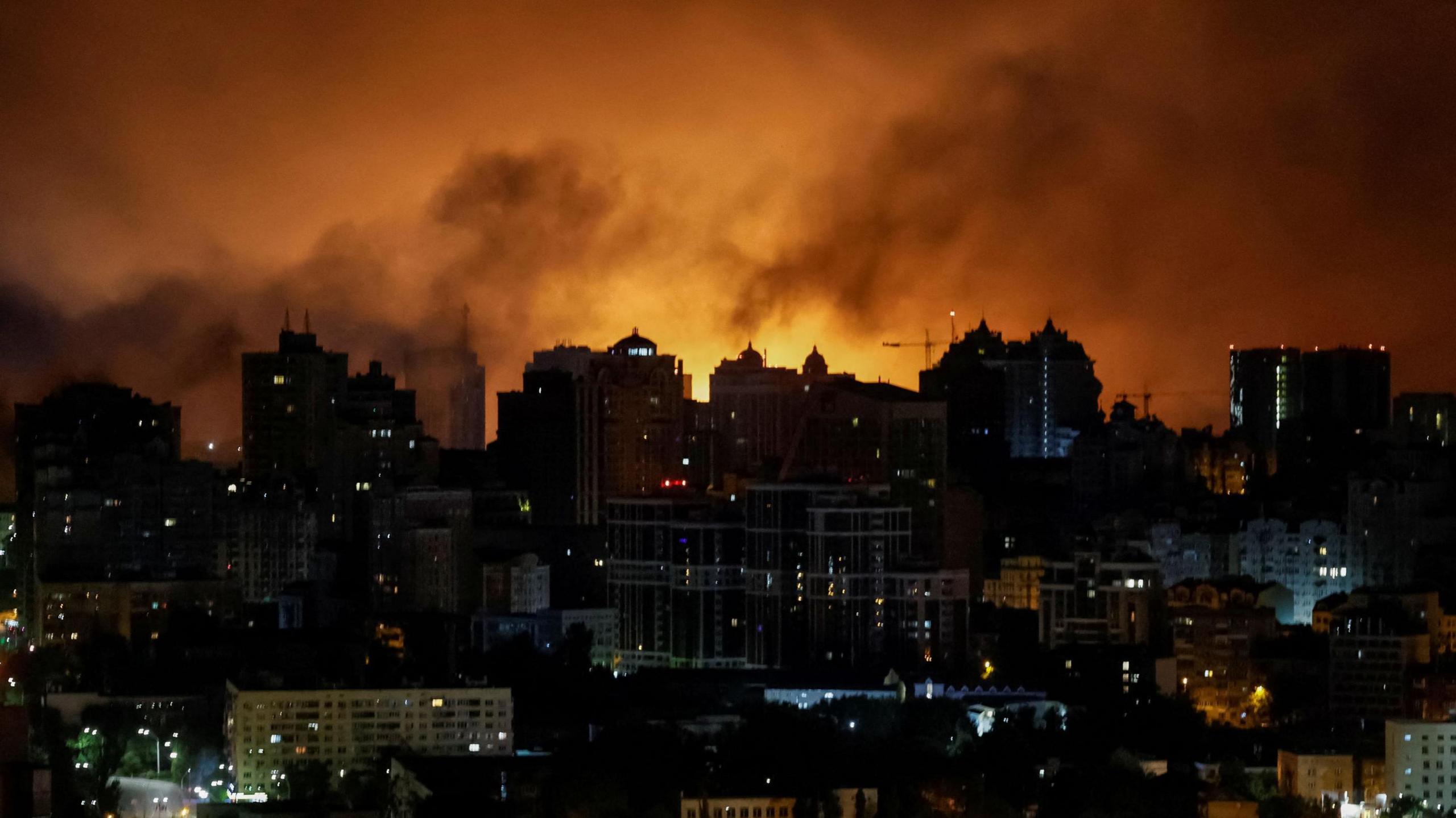Ukraine war: Why so many Russians turn a blind eye to the conflict
In the weeks leading up to Russia's invasion, I would walk for hours in the central Moscow district of Zamoskvorechiye, where I had lived and worked in the BBC office for seven years.

An unspoiled and peaceful part of the city, for me it embodies Russia's complex present and past.
For centuries Muscovites have come here to build homes and businesses and get on quietly with their lives, leaving their rulers to pursue greater ambitions on a bigger stage where ordinary Russians have never had a part to play.
It is bordered by the Moskva river and the Kremlin on one side, and on the other by imposing Stalinist apartment buildings and 21st Century skyscrapers on the noisy Sadovoye ring road.
A maze of narrow streets echo the past, dotted with churches and aristocratic mansions from the 19th Century. Bolshaya Ordinka street takes its name from Tatar-Mongol rule, hundreds of years before, when emissaries would come to collect tributes from Moscow's princely leaders.
I was there last February when I was phoned by a friend, born in Ukraine's second-biggest city Kharkiv, who now worked in Moscow.
Was Putin really going to start a war with Ukraine, he asked. Neither of us wanted to believe it.
But surrounded by reminders of Russia's often relentlessly violent past I felt war was now inevitable. My daily walks were my way of saying goodbye to a world, and perhaps even a country, that could never be the same again.
Russians are seen attempting to leave their country to avoid a military call-up for the Russia-Ukraine war as queues have formed at the Kazbegi border crossing in the Kazbegi municipality of Stepantsminda, Georgia on September 27, 2022.
Hundreds of thousands of Russians have left Russia, including me and my BBC Russian colleagues. But for the majority who have stayed in Russia, life outwardly is pretty much the same as it always was.
Especially in the big cities.
In Zamoskvorechiye, most of the shops, cafes, the businesses and the banks are still open. Many of the hipster journalists and IT specialists may have left but others have replaced them.
Shoppers complain about rising prices, but local alternatives have replaced some imported goods.
Bookshops still have a wide variety of titles, although books deemed inappropriate are sold in plastic covers.
The popular car-sharing service still works, but the cars are now largely Chinese-made.
International sanctions have not brought Russia to the brink of 1990s-style economic collapse. But, as Belfast-based Russian academic Aleksandr Titov has observed, Russia is nonetheless living through a crisis.
It is a slow-burning crisis, but look closely and there are signs of it everywhere.
In Belgorod, close to the Ukrainian border and just 80km (50 miles) from the now war-torn city of Kharkiv, local people are now used to convoys of military trucks roaring towards the front line.
If they are troubled by Russia bombing a city where many have friends and relatives, then they're trying not to show it.
Cheery street festivals organised by the local governor are well attended, a friend tells me.
But local doctors are leaving their jobs in droves, unable to cope with the numbers of war-wounded being brought for treatment in local hospitals.
The shelled Russian border town backing Putin's war
Residents feel abandoned and angry in the little frontier town of Shebekino, where cross-border shelling has become a daily reality.
One local family visiting St Petersburg were shocked to find nothing had changed while their own lives had been turned upside down.
In Pskov, near the Estonian and Latvian borders, the atmosphere is gloomy and everyone pretends the war has nothing to do with them, I am told.
Pskov is home to the 76th Guards Air Assault Division, now notorious for the war crimes its troops are accused of carrying out in Bucha, outside Kyiv.
A bus service has started up connecting the city to the local cemetery where growing numbers of soldiers killed in Ukraine are being buried. Under a bridge someone has daubed PEACE in big red letters.
On a train heading for Petrozavodsk, near the Finnish border, a friend meets a group of teenagers playing a "Name that city" game.
Someone mentions Donetsk: Is it in Russia or Ukraine? None of them are sure. It has been occupied and annexed illegally by their government.
Petrozavodsk appears to have returned to its grim past. Empty shelves, no foreign brands, unaffordably high prices.
Do Russians really support the brutality being carried out in Ukraine in their name, or are they pretending it's not happening to survive?
From fleeting impressions and conversations it is hard to draw firm conclusions. Sociologists and pollsters have tried to gauge opinion, but there is no freedom of speech or information in Russia so it is impossible to tell if people are being honest.
Polls suggest the majority of Russians, if not supporting the war, certainly do not oppose it.
This has prompted angry debates among Russians abroad. Many who study and report on Russia, me included, believe a small percentage of people actively support the war, and a small percentage actively oppose it.
Most ordinary Russians are in the middle, trying to make sense of a situation they didn't choose, don't understand and feel powerless to change.
Could they have stopped it? Probably yes, if more people had stood up for their freedom and challenged state TV propaganda about trumped up threats from the West and Ukraine.
Many Russians chose to stay away from politics and let the Kremlin decide for them.
But keeping your head down means making very troubling moral compromises.
To keep the war from their door, Russians have to pretend this isn't an expansionist invasion, and must close their eyes to the Ukrainians who are killed and wounded in their tens of thousands and driven from their homes in their millions by what the Kremlin calls its "special military operation".
Patriarch Kirill, head of the Russian Orthodox Church and a Putin ally, has blessed Russia's war effort
Russians must accept it's normal for soldiers to go into schools and tell their children war is a good thing.
That it's normal for priests to support the war and stop praying for peace.
That it doesn't matter they can no longer travel or be part of a broader world.
That the Kremlin was right to block the majority of independent media sites they used to read.
That a sledgehammer is now a positive symbol of Russian power in executions captured on camera and posted by MPs on Twitter.
And that it's normal to go to jail for years for saying what you think about the war, whether you're a councillor or a journalist.
Why Russians do not protest is perhaps better explained by Russian history and not opinion polls.
Ever since he came to power, President Vladimir Putin has made it no secret that he wants to rebuild Russia and restore its position for the world to respect and reckon with.
In speeches and essays he has made clear his belief Russia occupies a unique place in the world as part of both the East and West. Russia has its own traditions, religion, and its own ways of doing things. Russians need order and control, and demand respect.
A family watches a TV broadcast of Russian President Vladimir Putin's annual state of the nation address in Moscow on February 21, 2023
This message has echoed down the centuries and brooks no dissent or prospect for change. It's a chokehold - to use a judo term from his favourite sport.
This Putin vision comes with a price: Russians have paid with their freedom; Ukrainians are paying with their lives.
Russia has opened up at times after moments of calamity and catastrophe.
After defeat in Afghanistan in 1989 came the Gorbachev era. Defeat against Japan in 1905 was followed by constitutional reform, and after defeat in the Crimean war in 1856 came emancipation of the serfs.
One pattern identified by pollsters is that most Russians say they would support peace talks to end the fighting. But what kind of guarantees they would give independent Ukraine is not yet clear.
Sooner or later, that will need to be answered and Russians will have to confront what their country has done.
-bbc







